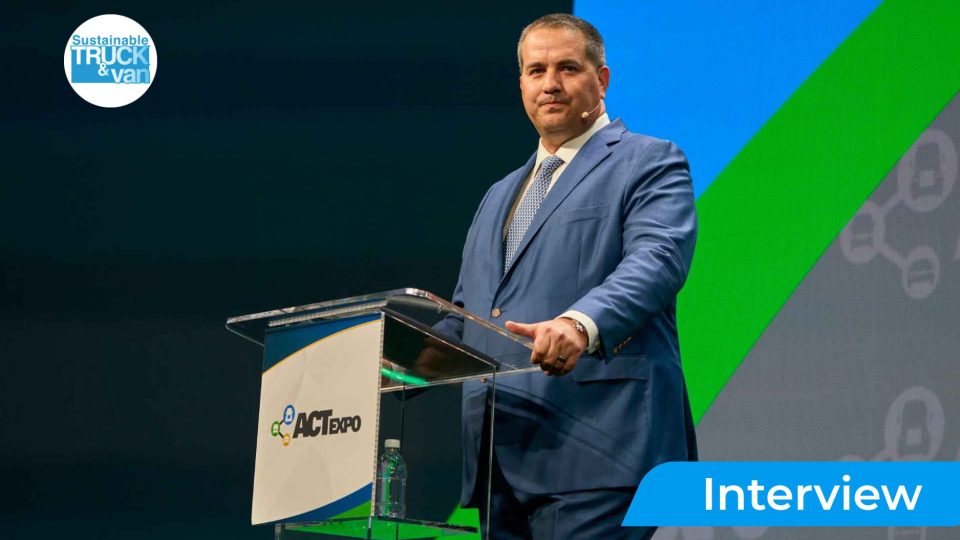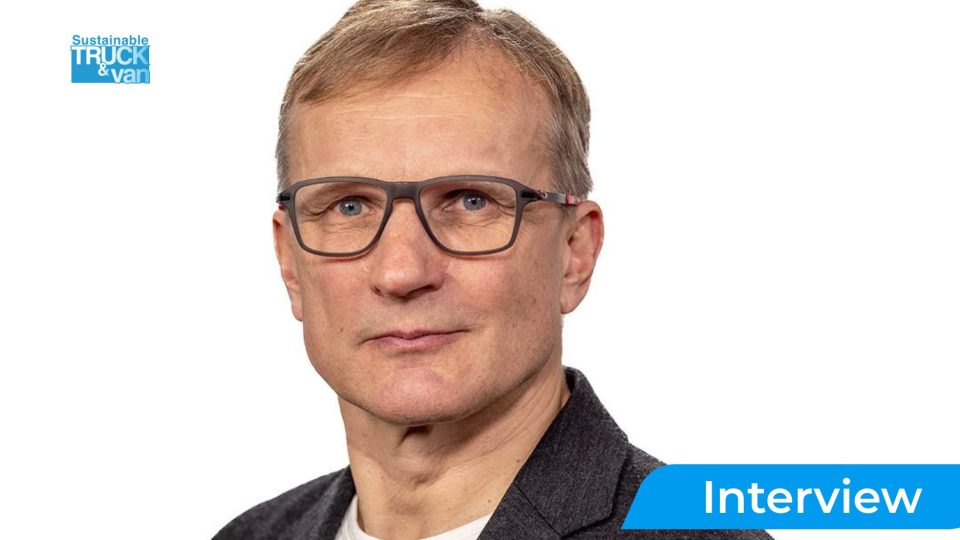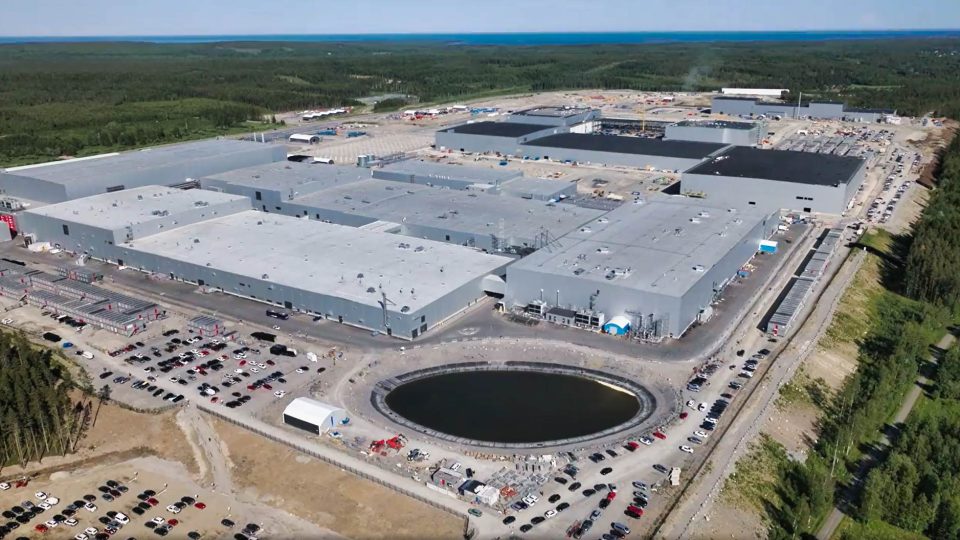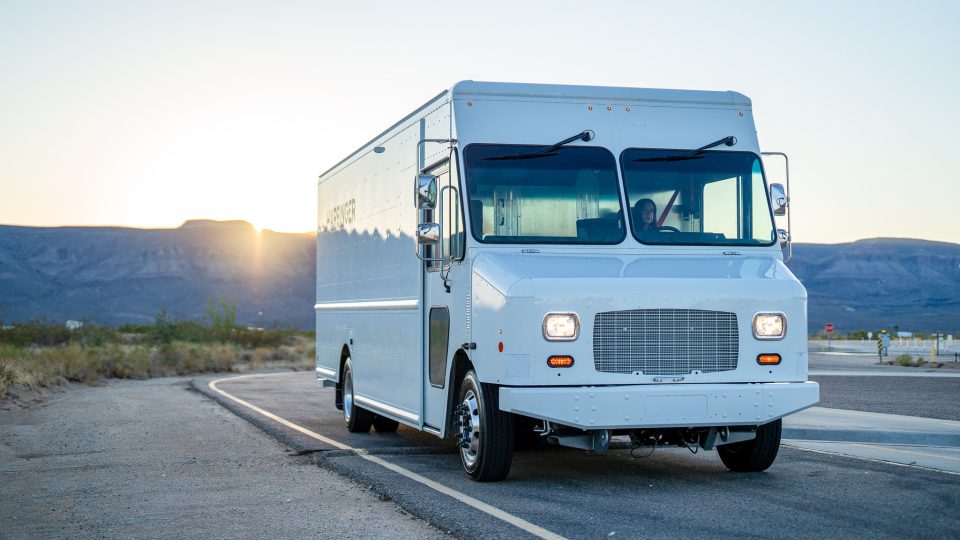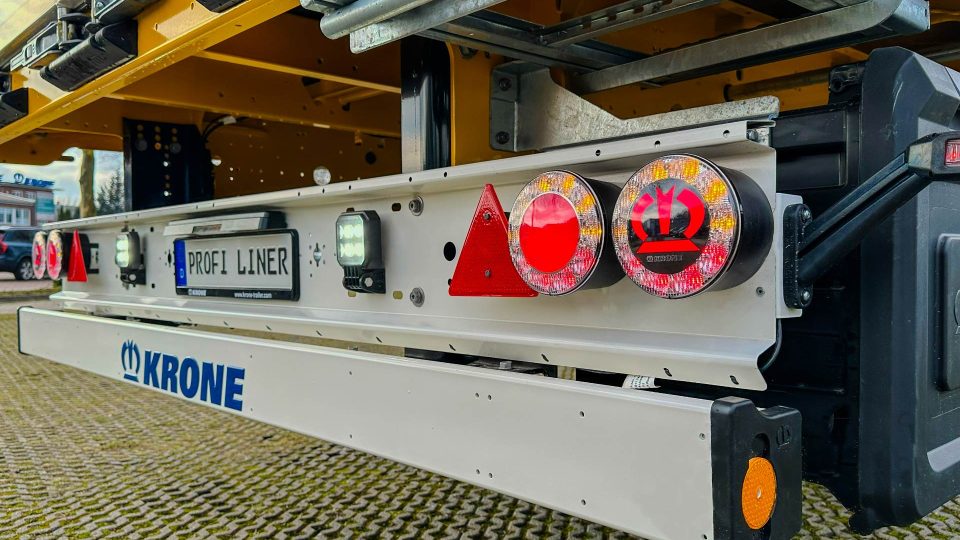Marty Neese is the new President and CEO of Ballard Power Systems
Neese joins Ballard from electrolysis system manufacturer, Verdagy, "with an extensive background in operations, and wide-ranging experience in product standardization, product cost reduction, volume production, and gross margin optimization", as stated by Ballard.
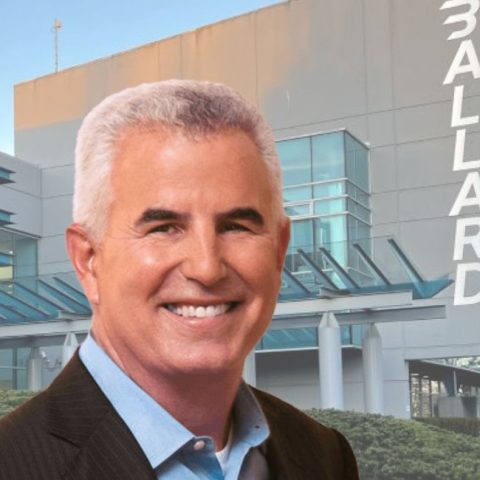
Effective July 7, Marty Neese takes over as President and CEO of Ballard Power Systems. Neese joins Ballard from electrolysis system manufacturer, Verdagy, “with an extensive background in operations, and wide-ranging experience in product standardization, product cost reduction, volume production, and gross margin optimization”, as stated by Ballard.
Marty Neese speaking as CEO of Ballard
“The fuel cell industry is entering a new phase, and Ballard is taking decisive steps to position itself for long-term sustainable success. I am honored to step into this role at a company with such a strong brand, and a leading track record for safety, technology, and proven field performance in our target markets. Working alongside our talented team, I look forward to building on this solid foundation, optimizing our operations, accelerating innovation, and unlocking long-term value for our stakeholders”, commented Marty Neese.
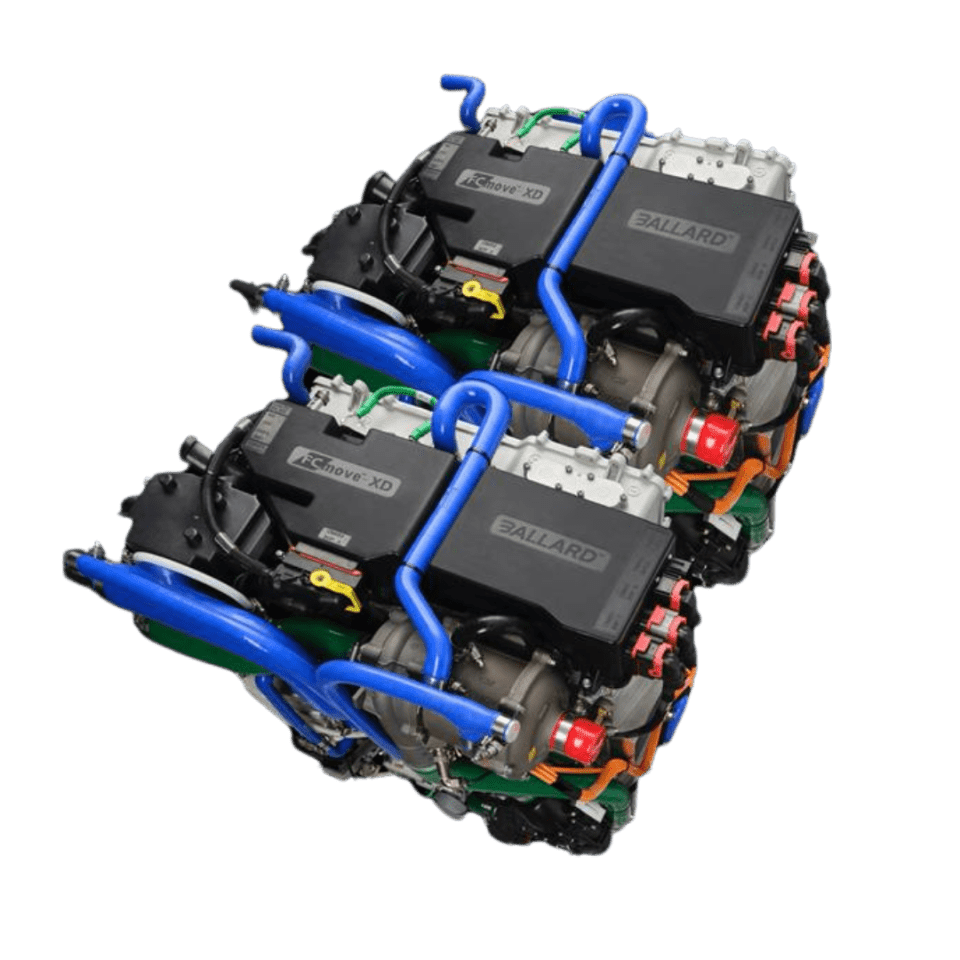
Canada-based Ballard is among the primary companies on a global scale in fuel cell development and manufacturing. Ballard has been working also in the road transport sector. In particular, the Canadian company made an agreement with Ford Trucks on the development of hydrogen fuel cell vehicles. In addition, Ballard was among the investors of Quantron before the trouble occurring to the German player. Former president and CEO, Randy MacEwen had previously announced business restructuring due to slowdown in the hydrogen-based mobility sector.




